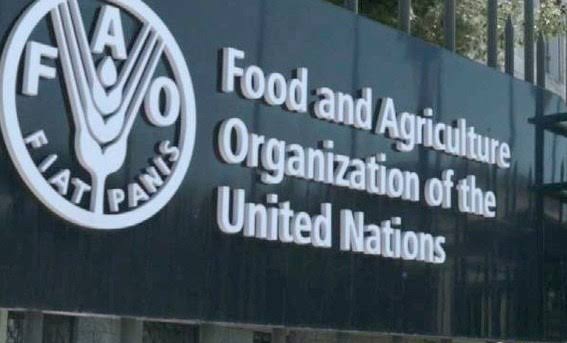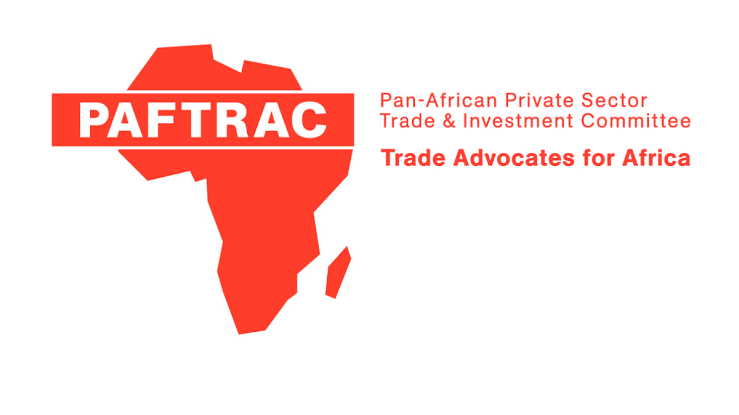The Africa Continental Free Trade Agreement (AfCFTA) has been ratified by 43 African Union member countries, eight of which have started trading under AfCFTA preferential arrangements, yet intra-continental trade remains low. Africa is a net importer of agricultural products, with import bills estimated at $56 billion dollars, up by 10 billion in just two years since 2020.
“Excessive dependence by many countries on imports of basic commodities such as food and strategic agricultural inputs has exacerbated vulnerabilities due to the impacts of the multiple overlapping shocks, such as the COVID-19 pandemic, the war in Ukraine, and the responses by some countries to restrict trade,” Abebe Haile-Gabriel, FAO Assistant Director-General and Regional Representative for Africa said on the lack of substantive intra-African trade. “This is not sustainable. It is a trend we must reverse.”
The comments were made at a webinar organised by the UN Food and Agriculture Organization’s Regional Office for Africa and FAO Markets and Trade Division, hosted by the FAO Virtual Learning Centre for Southern Africa (SFS-VLC), to bring stakeholders together to plot the course for increasing intra-African trade.
It is the first in a series of webinars on African trade in the coming months. It comes after FAO and the African Union published a guide for countries on Boosting Intra-African Trade in Agricultural Commodities and Services.
“We are trying to build capacity and bring that value-added to our continent so that we become more self-reliant on food, to have that food security at home,” Poonam Mohun, Head of Non-Tariff Measures Division at the AfCFTA Secretariat, said.
She added that many levels of intervention are needed: government and private sector policies to increase agricultural production and manufacturing levels, increasing value addition through processing, and removing trade barriers so that trade flows smoothly.
John Bee, Executive Board Member of the Association of Official Agricultural Chemists Sub-Saharan Africa Section, highlighted the need to implement mutual recognition of product registration. This allows products within economic communities to be recognized across borders, and although the mechanisms are in place in most of Africa’s economic communities, they are not enforced effectively. Mr Bee also highlighted the need to improve the region’s lab testing capacity to enable improved food quality standards.
The key actions highlighted by the meeting included harmonizing standards across the region, making border processes smoother and more gender-equitable, improving access to information and standards for stakeholders all along food systems, improving the feedback loop from the private sector to the AfCFTA Secretariat to further streamline processes, and further involving youth in agrifood systems through more attractive terms of business.
The Director of the FAO Markets and Trade Division, Boubaker Ben Belhassen brought the discussions to a close, highlighting the essential nature of agrifood trade and FAO’s commitment to the implementation and success of the AfCFTA.
Saying: “I think today’s event has confirmed the potential of the African Continental Free Trade Area. Trade is and will continue to be essential for achieving food security and improving nutrition on the continent. We must be prepared to make it work better for security and nutrition outcomes. It requires huge investment and financing; however, we all recognize that the payoff is also great.”









